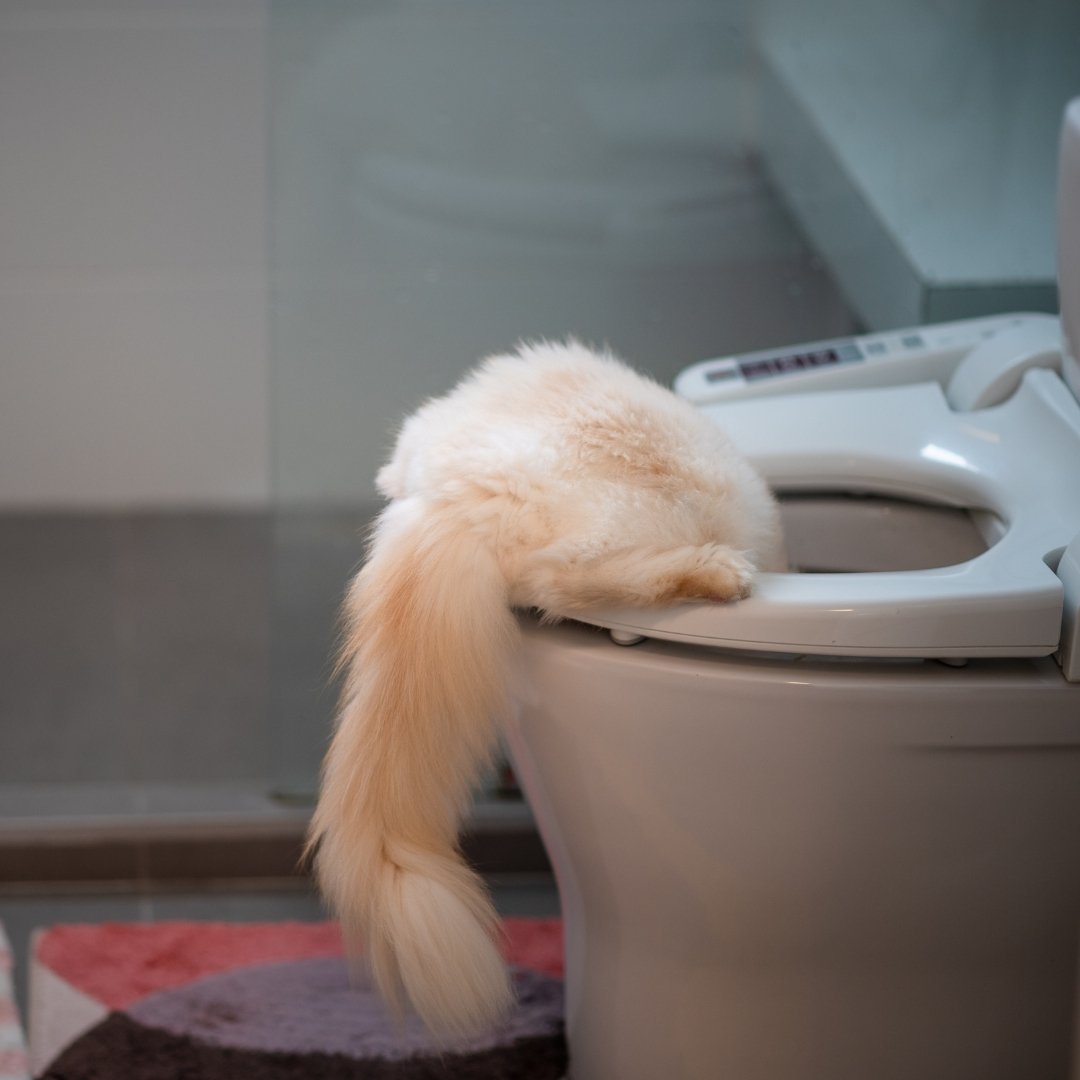Dangers of Flushing Cat Poop in Your Toilet - Preventive Measures
Dangers of Flushing Cat Poop in Your Toilet - Preventive Measures
Blog Article
Everyone may have their personal perception when it comes to How to Dispose of Cat Poop and Litter Without Plastic Bags.

Intro
As feline owners, it's essential to bear in mind exactly how we take care of our feline buddies' waste. While it might appear convenient to purge feline poop down the bathroom, this technique can have detrimental consequences for both the environment and human wellness.
Ecological Impact
Flushing cat poop introduces harmful virus and bloodsuckers into the supply of water, posing a substantial danger to marine ecological communities. These impurities can adversely influence aquatic life and concession water quality.
Health and wellness Risks
Along with environmental concerns, purging feline waste can additionally posture health and wellness threats to humans. Feline feces may consist of Toxoplasma gondii, a parasite that can cause toxoplasmosis-- a possibly serious disease, especially for expecting ladies and individuals with weakened body immune systems.
Alternatives to Flushing
The good news is, there are more secure and a lot more responsible means to deal with pet cat poop. Think about the following options:
1. Scoop and Dispose in Trash
One of the most common method of disposing of pet cat poop is to scoop it into an eco-friendly bag and toss it in the garbage. Be sure to use a dedicated litter scoop and dispose of the waste promptly.
2. Use Biodegradable Litter
Opt for eco-friendly pet cat trash made from materials such as corn or wheat. These litters are eco-friendly and can be securely thrown away in the trash.
3. Bury in the Yard
If you have a backyard, think about burying pet cat waste in an assigned area far from vegetable yards and water sources. Be sure to dig deep adequate to prevent contamination of groundwater.
4. Mount a Pet Waste Disposal System
Purchase a pet garbage disposal system specifically created for cat waste. These systems utilize enzymes to break down the waste, reducing odor and ecological impact.
Final thought
Liable animal possession expands beyond supplying food and sanctuary-- it also involves appropriate waste monitoring. By refraining from flushing feline poop down the bathroom and going with alternative disposal techniques, we can lessen our ecological impact and protect human health.
Why You Should Never Flush Cat Poop Down the Toilet
A rose by any other name might smell as sweet, but not all poop is created equal. Toilets, and our sewage systems, are designed for human excrement, not animal waste. It might seem like it couldn’t hurt to toss cat feces into the loo, but it’s not a good idea to flush cat poop in the toilet.
First and foremost, assuming your cat uses a litter box, any waste is going to have litter on it. And even the smallest amount of litter can wreak havoc on plumbing.
Over time, small amounts build up, filling up your septic system. Most litter sold today is clumping; it is made from a type of clay that hardens when it gets wet. Ever tried to scrape old clumps from the bottom of a litter box? You know just how cement-hard it can get!
Now imagine just a small clump of that stuck in your pipes. A simple de-clogger like Drano isn’t going to cut it. And that means it’s going to cost you big time to fix it.
Parasitic Contamination
Believe it or not, your healthy kitty may be harboring a nasty parasite. Only cats excrete Toxoplasma in their feces. Yet it rarely causes serious health issues in the cats that are infected. Most people will be fine too if infected. Only pregnant women and people with compromised immune systems are at risk. (If you’ve ever heard how women who are expecting are excused from litter cleaning duty, Toxoplasma is why.)
But other animals may have a problem if infected with the parasite. And human water treatment systems aren’t designed to handle it. As a result, the systems don’t remove the parasite before discharging wastewater into local waterways. Fish, shellfish, and other marine life — otters in particular — are susceptible to toxoplasma. If exposed, most will end up with brain damage and many will die.
Depending on the species of fish, they may end up on someone’s fish hook and, ultimately on someone’s dinner plate. If that someone has a chronic illness, they’re at risk.
Skip the Toilet Training
We know there are folks out there who like to toilet train their cats. And we give them props, it takes a lot of work. But thanks to the toxoplasma, it’s not a good idea.

We were guided to that article about Don’t flush cat feces down the toilet through an acquaintance on our other web address. Do you know somebody who is enthusiastic about the topic? Do not hesitate to promote it. We cherish reading our article about Can You Flush Cat Poop Down The Toilet?.
Set Up An Appointment Report this page